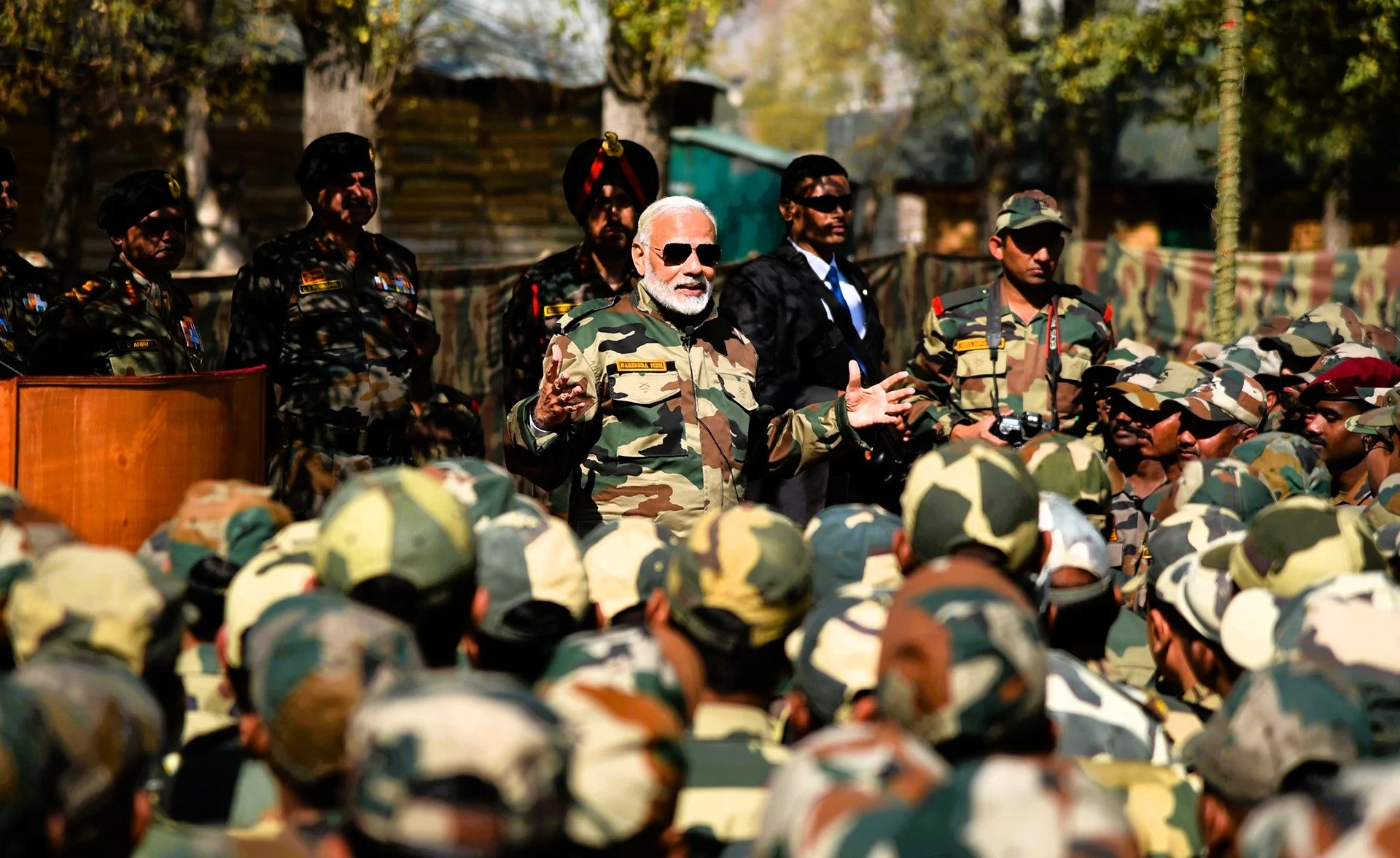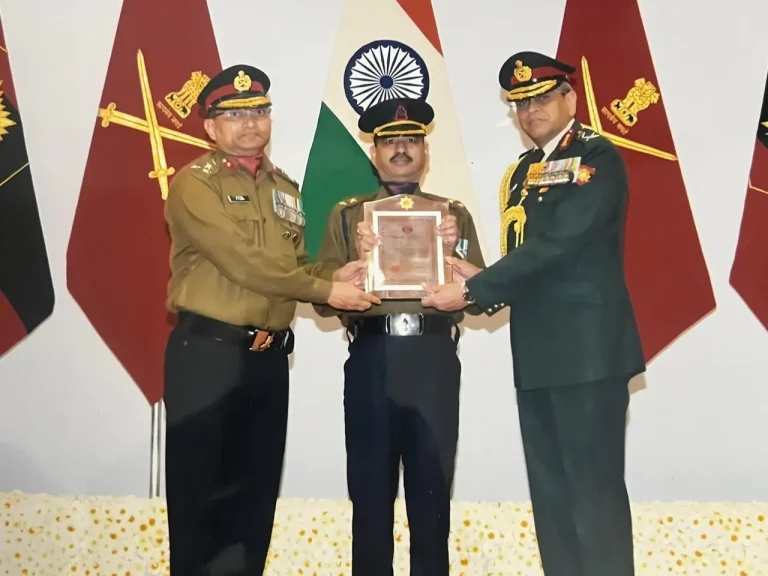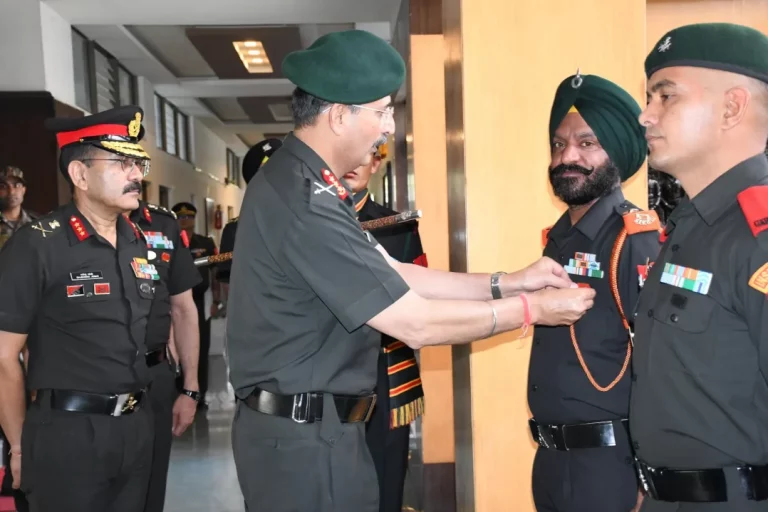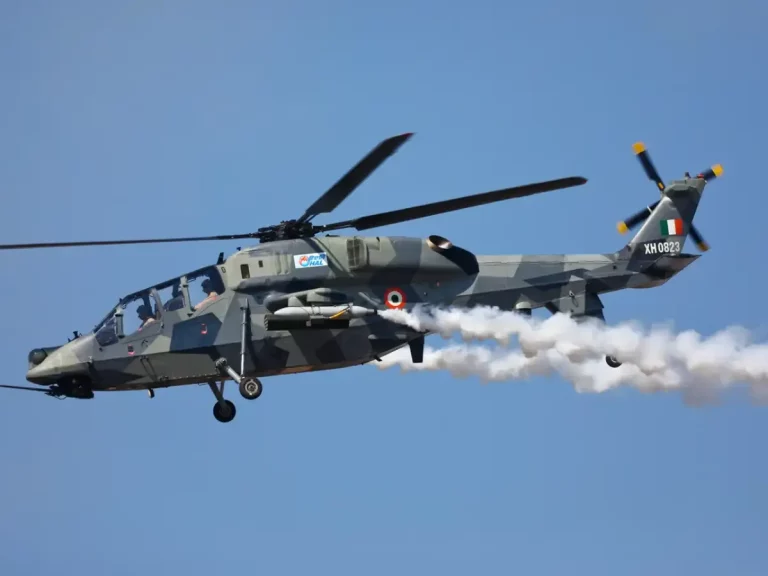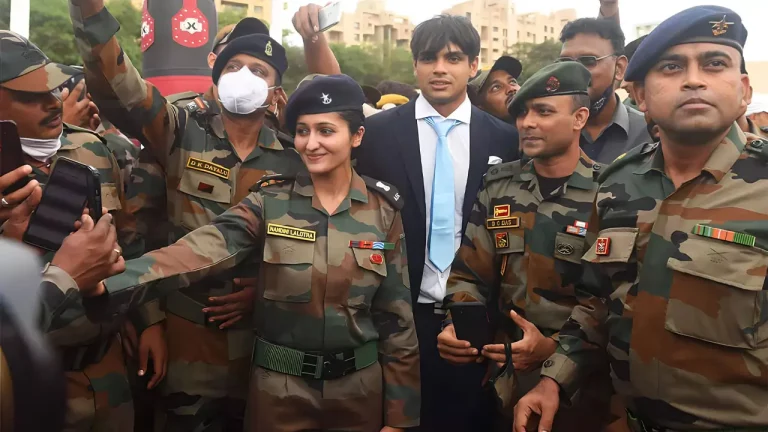Pakistan’s Information Minister, Attaullah Tarar, announced early Wednesday that the country possesses “credible intelligence” suggesting that India plans to conduct a military strike within the next 24 to 36 hours. This revelation adds to the already heightened tensions between the two nuclear-armed nations.
During a late-night press conference and in a subsequent post on social media platform X, Tarar stated, “Pakistan has credible intelligence that India intends to launch a military strike within the next 24 to 36 hours. Any act of aggression will be met with a decisive response. India will be fully responsible for any serious consequences in the region.” However, specific evidence backing this claim was not provided.
Echoing Tarar’s warnings, Pakistan’s Defense Minister Khawaja Muhammad Asif told Reuters that an incursion by India appeared to be “imminent.” He clarified that while Pakistan stands ready to defend itself, nuclear weapons would only be utilized if there was a “direct threat to our existence.”
Tensions have further escalated following the recent Pahalgam attack, which was claimed by The Resistance Front (TRF), a group linked to the Pakistan-based militant organization Lashkar-e-Taiba. In response to the attack, Pakistan has called for a neutral investigation, while India has responded by suspending its participation in the Indus Waters Treaty and revoking visas, which led Pakistan to close its airspace to Indian airlines.
Indian Prime Minister Narendra Modi has pledged to seek out the attackers, reportedly granting the military “complete operational freedom” to respond accordingly. Media reports indicate ongoing anti-terror operations in the Jammu and Kashmir region, reigniting concerns over a potential repeat of the 2019 Balakot airstrike, when India targeted alleged militant camps in Pakistan following a similar incident.
The international community has called for de-escalation. UN Secretary-General Antonio Guterres engaged in discussions with Pakistani Prime Minister Shehbaz Sharif and Indian External Affairs Minister Subrahmanyam Jaishankar, stressing the importance of avoiding any confrontation that could lead to “tragic consequences.” Additionally, U.S. Secretary of State Marco Rubio is anticipated to have discussions with the foreign ministers of both nations in an effort to prevent further escalation.
Analysts caution that the situation remains precarious. Michael Kugelman, Director of the South Asia Institute at the Wilson Center, observed that India might be contemplating a variety of responses, ranging from overt military strikes to covert actions intended to restore deterrence.
Currently, India’s foreign ministry has not issued a statement regarding Pakistan’s allegations. With both nations on high alert, the international community continues to monitor the situation closely, wary that misunderstandings or miscalculations could lead to more extensive conflict in the already volatile region.
